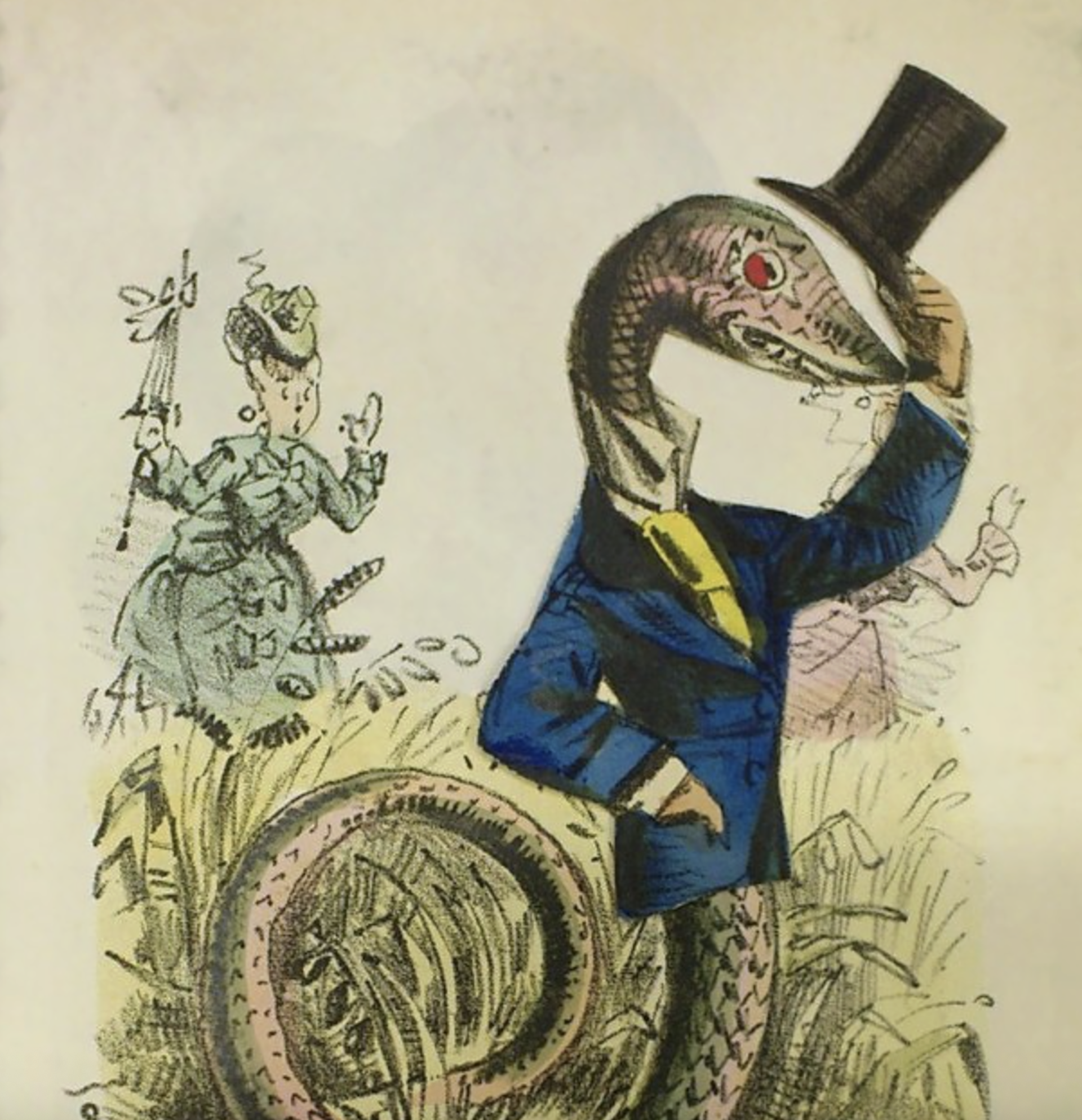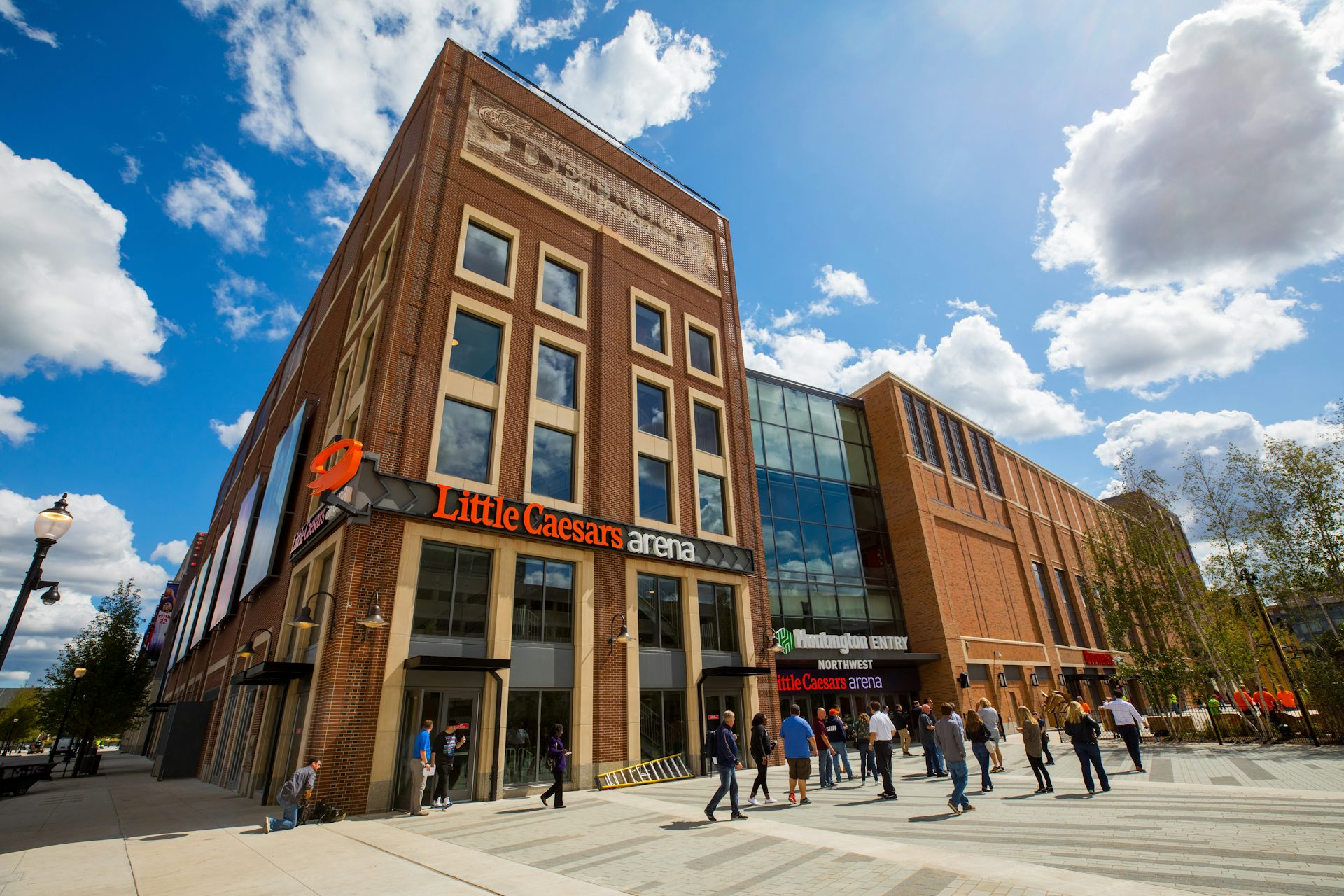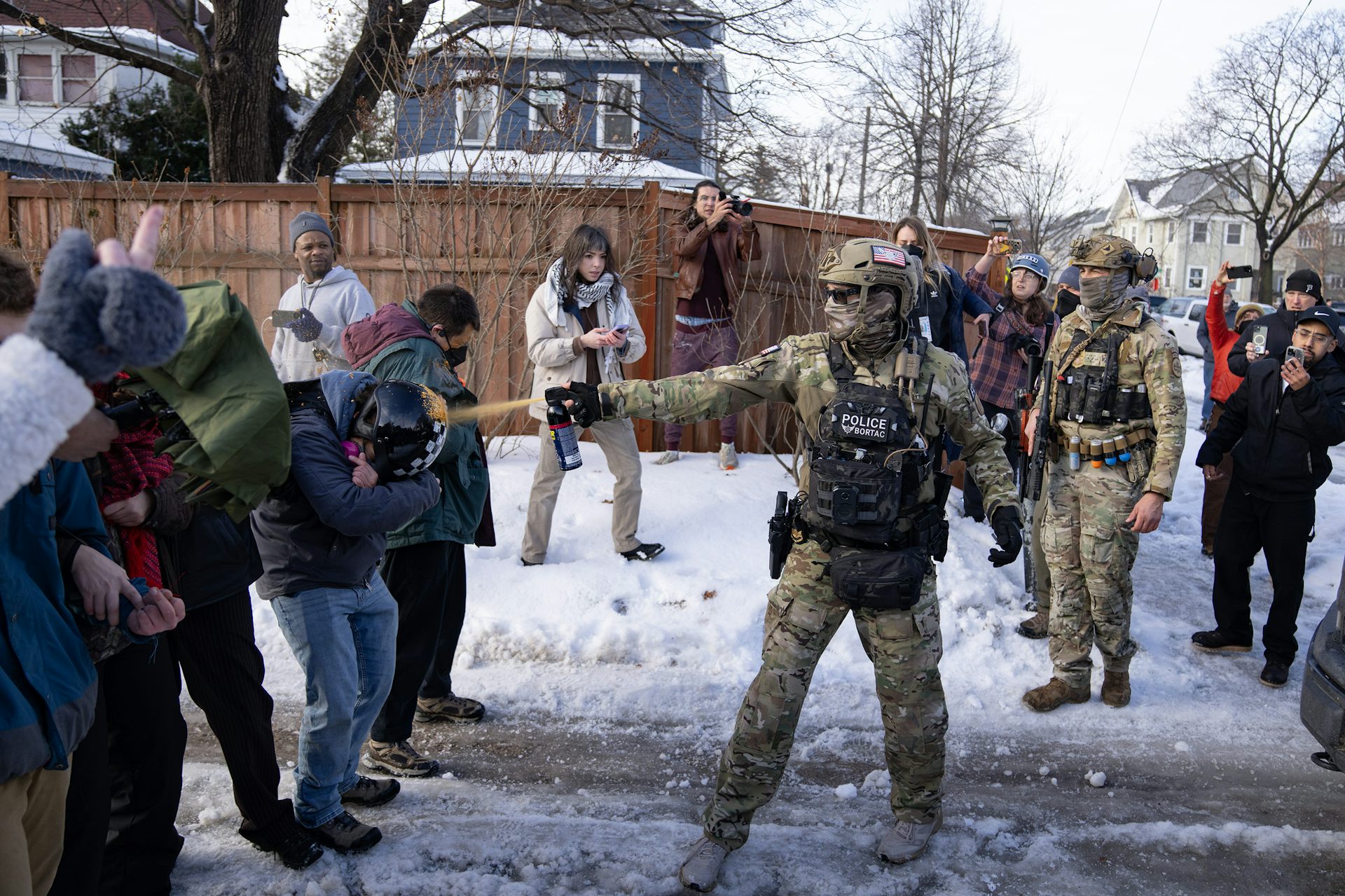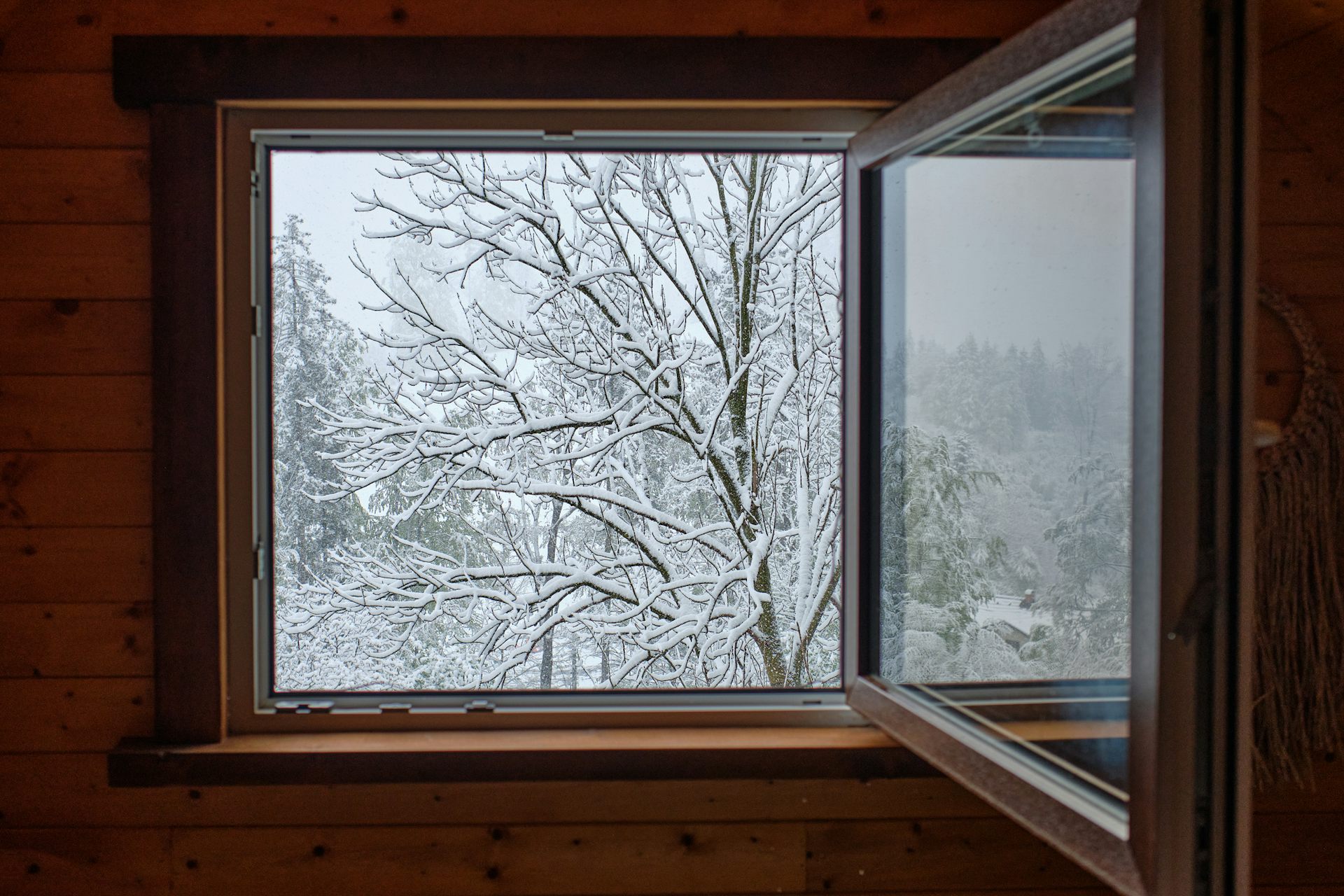Detroit is Burning
In 1967 race riots nearly tore Detroit apart. The next year, the Kerner Commission, appointed by president Lyndon Johnson, placed the blame on the way the police and had handled the response.
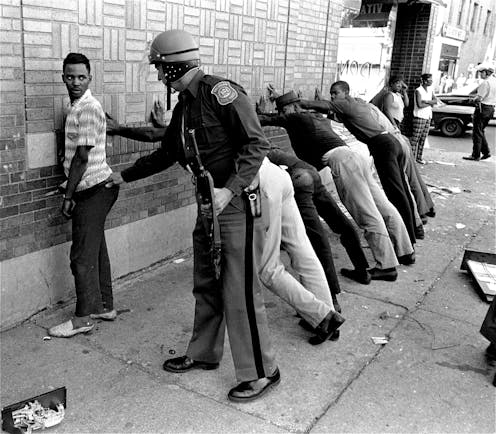
As 1968 began, the city of Detroit was dealing with the aftermath of some of the worst race riots the country had ever seen. That year, the Kerner Commission, appointed by president Lyndon Johnson, placed the blame squarely on the way the police and the city government had handled the response. In this episode, Jeffrey Horner, a professor of urban studies at Wayne State University, speaks with Phillip about how race and class divisions met with economic and social upheaval to shape the city as it tried to rebuild … and also how the city shaped them, as they themselves grew up in Detroit at the time.
Read more in this accompanying article from Jeffrey Horner: Police killings of 3 black men left a mark on Detroit’s history more than 50 years ago
Also: RSS Feed
Music on this episode: Something to save" by Komiku, found on FreeMusicArchive.org, licensed under CC0 1
“This tuning is so dramatic” by Monplaisir, found on FreeMusicArchive.org, licensed under CC0 1
Archival audio WKNR Contact News - Detroit 1967
Address to the Nation Regarding Civil Disorder, 7/27/67. MP594.
Racism in America Small Town 1950s Case Study Documentary Film
Misconduct allegations mount inside Detroit Police Department
Police misconduct costing Detroit millions of dollars
Ex-DPD officers charged with misconduct
Detroit police officer charged with assault and misconduct in rough arrest at Meijer
Detroit police accused of excessive force during May 31, 2017 arrest. Warning: Explicit language
Read These Next
Valentine’s Day cards too sugary sweet for you? Return to the 19th-century custom of the spicy ‘vine
Victorians found a way to anonymously tell people they didn’t like exactly how they felt.
You’ve reached your weight loss goal on GLP-1 medications – what now?
Due to the body’s natural tendency to restore its former weight, many people regain their lost weight…
Has Little Caesars Arena boosted economic activity in Detroit? We looked at hotel and short-term ren
In 2026, Little Caesars Arena will host the Pistons, Red Wings and concerts with A$AP Rocky and Cardi…







